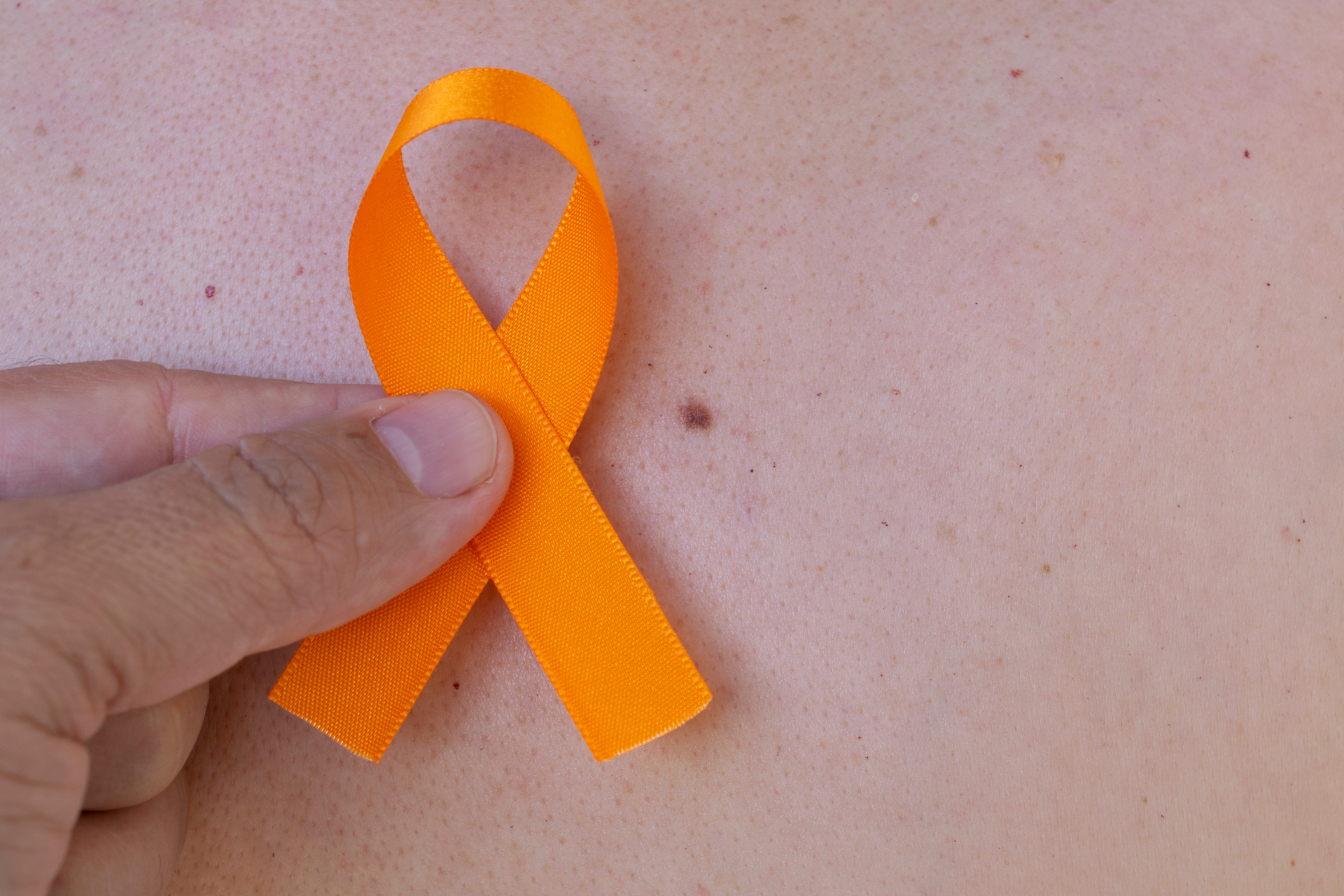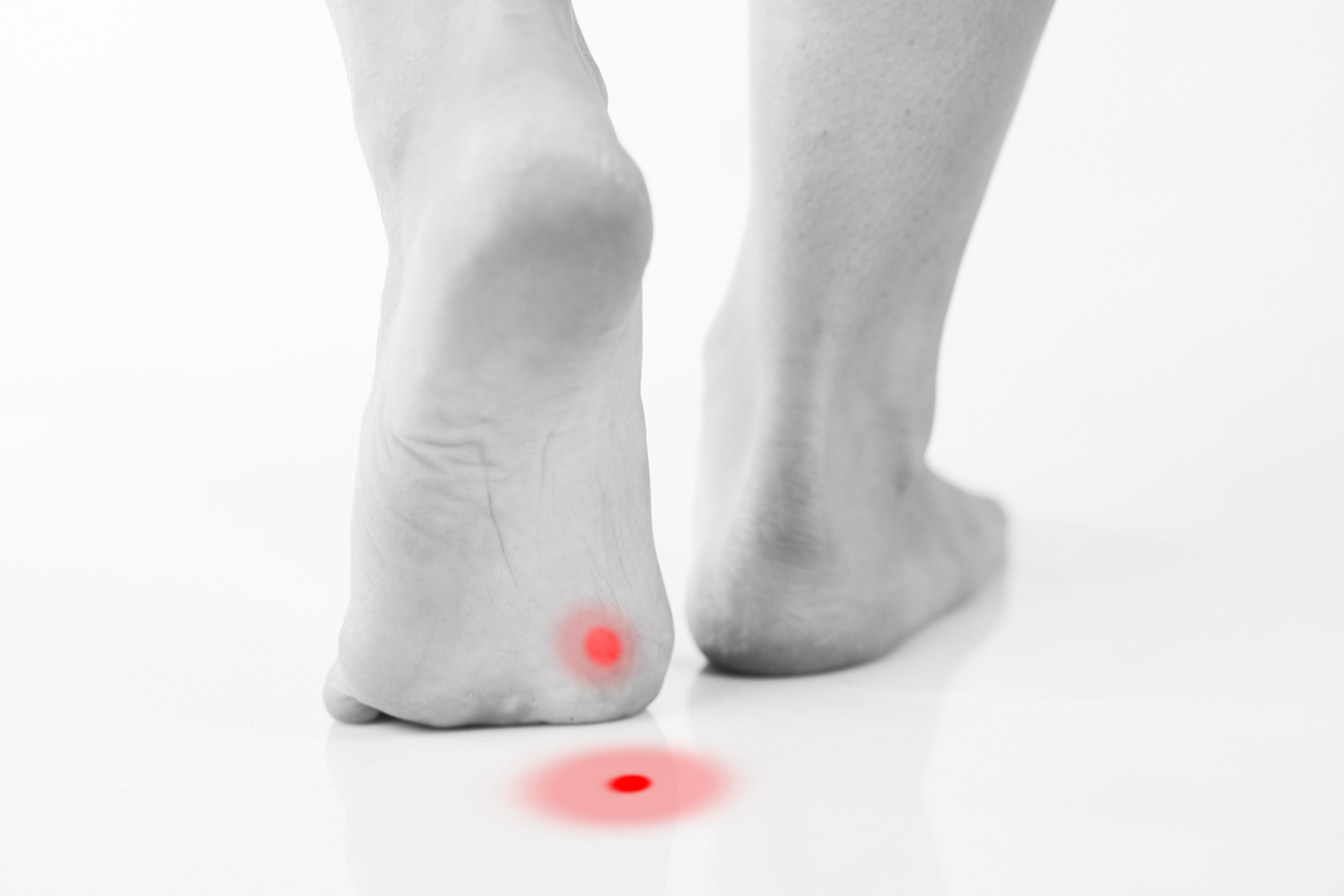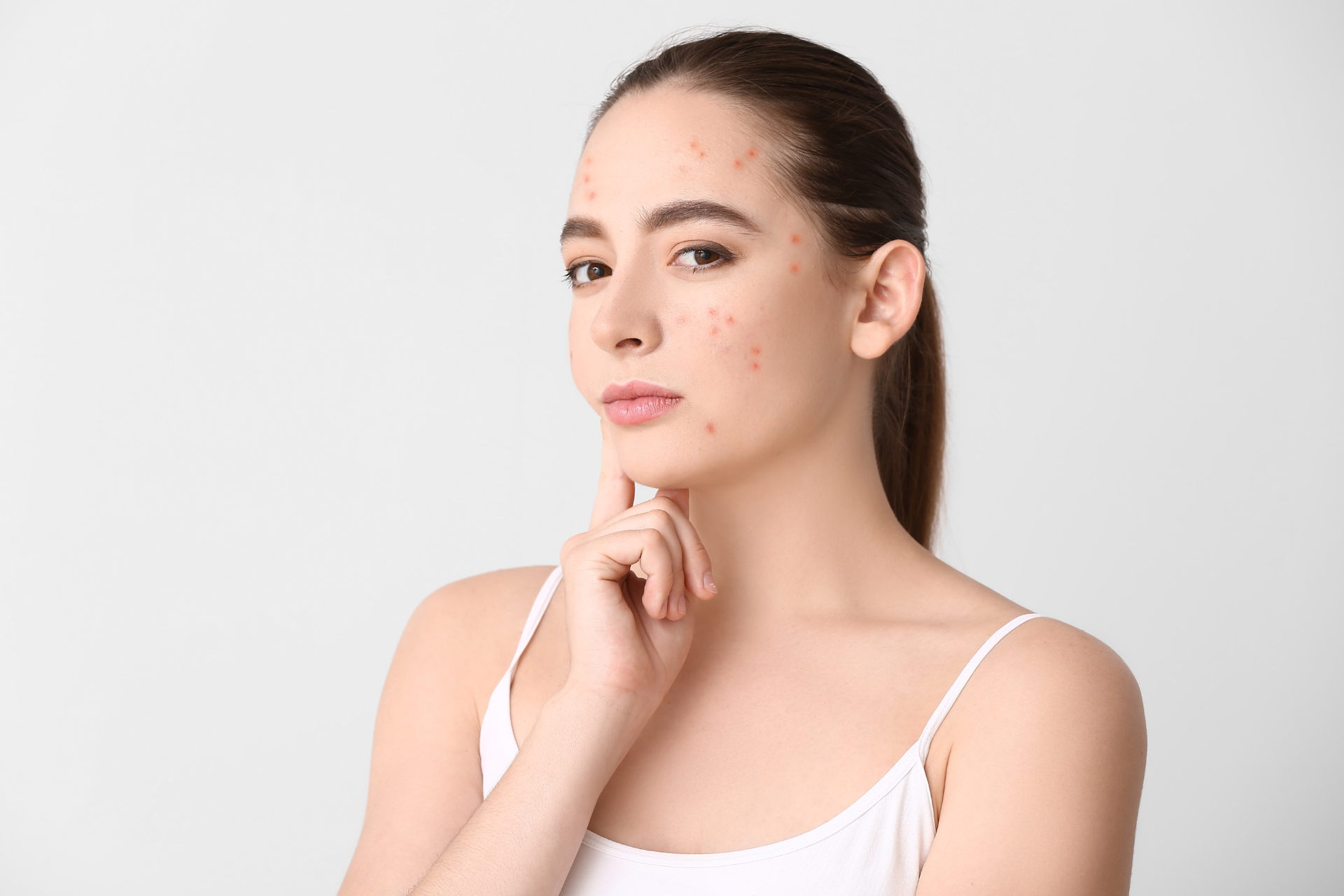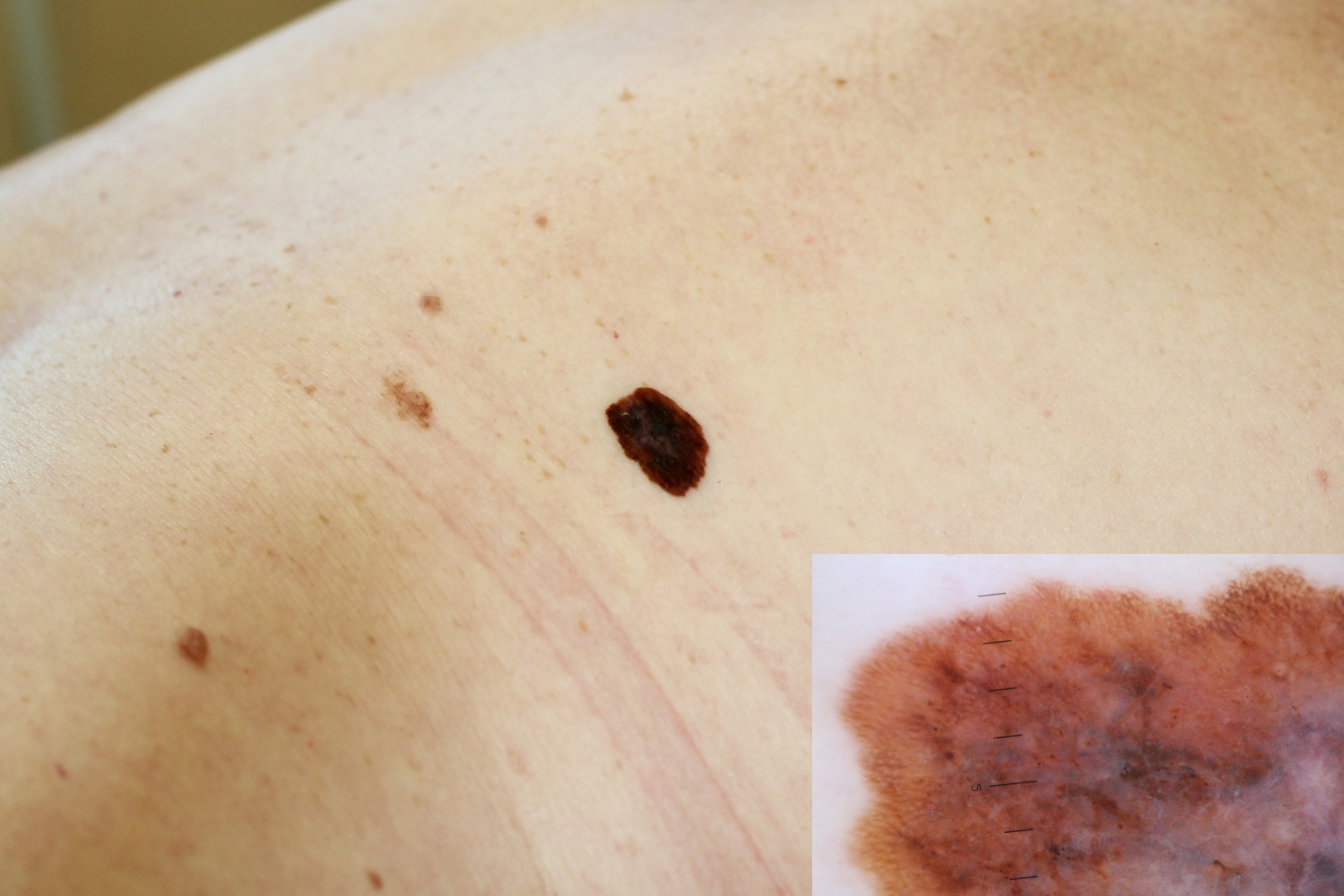Understanding Skin Cancer: Types, Prevention, and Early Detection

At Fall Creek Skin and Health Clinic, we believe that knowledge is your best defense against skin cancer. As a significant public health concern, understanding the types of skin cancer, effective prevention strategies, and the importance of early detection can empower you to take control of your skin health.
Types of Skin Cancer
There are three primary types of skin cancer that you should be aware of:
1. Basal Cell Carcinoma (BCC)
This is the most common type of skin cancer and originates in the basal cells of the skin. BCC usually appears as a small, shiny bump on the face, neck, or arms, but can also take the form of a flat, scaly patch. While it rarely spreads to other parts of the body, early treatment is crucial to prevent local damage.
2. Squamous Cell Carcinoma (SCC)
This form of skin cancer starts in the squamous cells, commonly found in the outer layers of the skin. SCC can appear as a firm red nodule, a flat sore, or a scaly patch. Like BCC, it has a low risk of spreading, but can be aggressive if not treated promptly.
3. Melanoma
Although less common, melanoma is the most dangerous type of skin cancer due to its ability to spread to other parts of the body. It typically develops in melanocytes—the cells responsible for pigment in the skin—and often appears as a new, unusual mole or an existing mole that changes in color or size.
Prevention Strategies
Preventing skin cancer involves a proactive approach to skin care and sun safety:
- Use Sunscreen
Apply a broad-spectrum sunscreen with an SPF of at least 30 daily, even on cloudy days. Reapply every two hours, or more frequently if swimming or sweating.
- Seek Shade
When the sun's rays are strongest, usually between 10 AM and 4 PM, seek shade whenever possible, especially during peak hours.
- Wear Protective Clothing
Long sleeves, wide-brimmed hats, and UV-blocking sunglasses can provide additional protection against harmful rays.
- Avoid Tanning Beds
Tanning beds significantly increase the risk of developing skin cancers, particularly melanoma. Opt for sunless tanning alternatives instead.
Early Detection
Early detection plays a critical role in the successful treatment of skin cancer. Regular self-examinations and professional skin checks are essential:
- Perform Self-Examinations
Examine your skin monthly for any new or changing moles, spots, or lesions. Use the "ABCDE" rule to identify potential melanoma:
- Asymmetry: Is the mole irregular in shape?
- Border: Are the edges jagged or blurred?
- Color: Is the color uneven or multiple shades?
- Diameter: Is it larger than 6mm (about the size of a pencil eraser)?
- Evolving: Has it changed in size, shape, or color?
- Schedule Regular Skin Check-ups
At Fall Creek Skin and Health Clinic, we recommend annual skin examinations, especially if you have a family history of skin cancer or exhibit other risk factors.
Conclusion
Understanding skin cancer, its types, and prevention strategies empowers you to protect yourself effectively. Early detection is key in managing your skin health, so make proactive steps today. If you notice any changes or have concerns about your skin, don't hesitate to schedule a consultation at Fall Creek Skin and Health Clinic. Together, we can ensure your skin stays healthy and vibrant.




